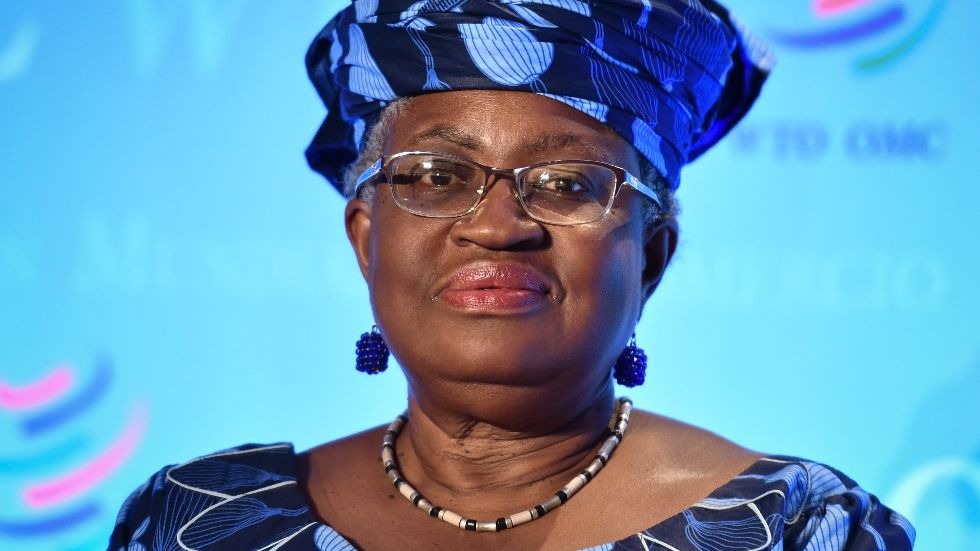
WTO chief Okonjo-Iweala is running for reelection in order to conclude “unfinished business”
In an effort to conclude “unfinished business” from her first mandate, WTO Director-General Ngozi Okonjo-Iweala will run for a second, four-year term as the organization’s leader. This follows a widespread African demand to begin the process early.
The 30-year-old trade body’s first female and African chief was Okonjo-Iweala, a 70-year-old former minister of finance for Nigeria, who made history in 2021.
“I stand ready to compete for the position, and I would like to be part of this chapter of the WTO story,” Okonjo-Iweala told Reuters on Monday, a statement from the WTO later corroborated her statements.
“I plan to prioritize delivering during my second term,” she continued, listing “unfinished business” as one of her top concerns.
These include an agreement to decarbonize trade, modernize the WTO’s cumbersome dispute resolution process, and stop subsidies to the fishing industry. They also involve making progress in global agriculture negotiations.
She has till the end of November to make up her mind to formally reapply. However, the African-led initiative to begin early—which was endorsed by dozens of nations and started in July before US President Joe Biden withdrew from the campaign—was perceived as partially driven by a desire to win her a second term before the country votes in November.
If no one else applies and all governments accept her, then that would be feasible under WTO consensus norms.
A move perceived by some as an assault on an organization he had previously called “horrible” was made in 2020 when the administration of former US President Donald Trump vetoed her appointment. After Biden replaced Trump in 2021, she received support from the United States.
When asked if she thought that Trump’s election will benefit the WTO as well, she responded, “I don’t focus on that because I have no control.”
AN incredibly difficult task
A global trade accord, including the first section of a global treaty on lowering fishing subsidies signed in 2022, was secured by Okonjo-Iweala, one of the few WTO chiefs in the organization’s history.
More meager results, however, came at a high-level summit earlier this year: the rollover of an agreement to postpone enacting digital tariffs and the admission of two new members. Since then, one member has blatantly rejected other agreements, most notably a follow-up fishing deal: India.
Geopolitical conflicts among its 166 members are a major concern, as Okonjo-Iweala acknowledged to Reuters when asked about the difficulty of the position.
It really is difficult, as you can see. It’s impossible to avoid that. However, the job also motivates her to get out of bed in the morning, she told Reuters.
The watchdog’s ability to stop members from breaking the rules has been severely restricted since the Trump administration barred judges from the WTO’s top adjudications court in December 2019, rendering it inoperable.
Under Biden, the policy has persisted, although Washington is currently debating potential changes that might eventually result in the revival of a dispute resolution process.
All Categories
Recent Posts
Tags
+13162306000
zoneyetu@yahoo.com


